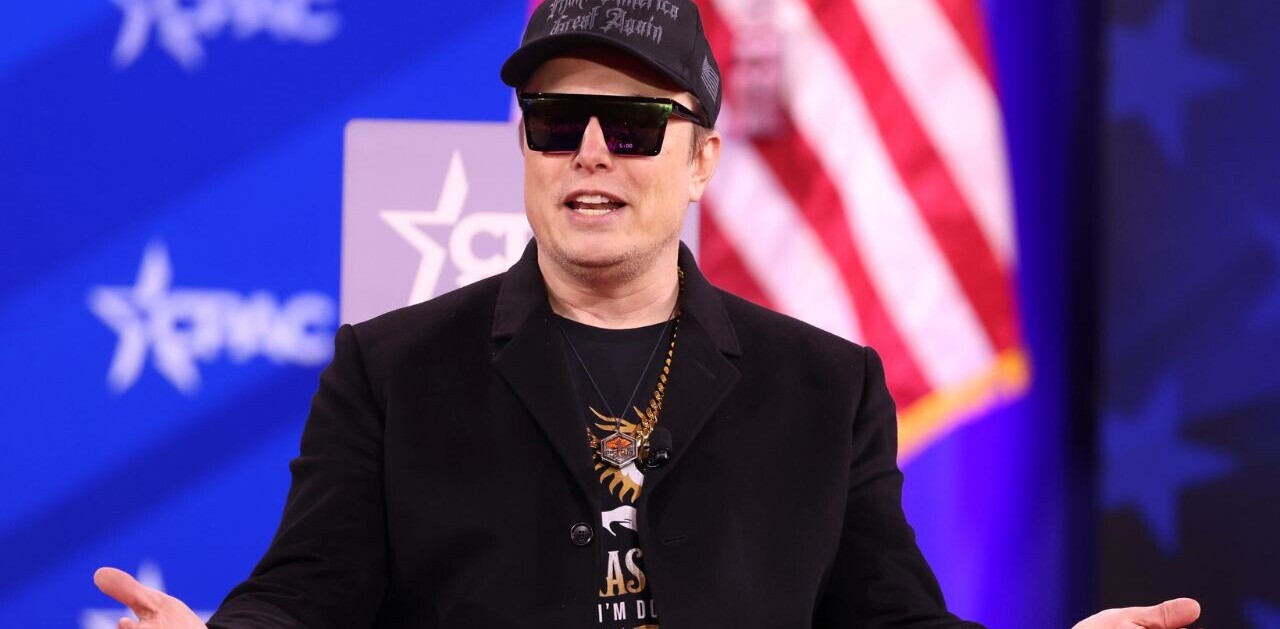Twitter — or rather, X — is the biggest source of disinformation of all the six major social media networks, an EU-commissioned report has found.
The study examined over 6,000 posts and over 4,000 user accounts across X , Facebook, LinkedIn, Instagram, TikTok, and YouTube. It focused on three countries considered to be at risk due to upcoming elections and the associated threat of Russian propaganda: Slovakia, Poland, and Spain.
X had the highest ratio of disinformation posts and actors, followed by Facebook. YouTube came last.
“The Russian state has engaged in the war of ideas to pollute our information space with half-truths and lies to create a false image that democracy is no better than autocracy,” Věra Jourová, Commission VP of Value and Transparency, said in a press briefing on Tuesday.
She added that this is “a multi-million euro weapon of mass manipulation,” noting that very large online platforms “must” address the risks.
The EU’s code on disinformation
Meta and other tech giants (including Google, Microsoft, and TikTok) have already taken significant steps to mitigate these risks. Jourová announced that the companies have submitted their first six-month reports as required by the EU’s code of practice on disinformation.
For instance, Google reported that it removed ads from almost 300 sites linked to state-funded propaganda sites. Meanwhile, Meta expanded its fact-checking partnerships to 26 partners in 22 European languages.
The companies first signed the voluntary code in 2018, with their reports now serving as preparation for their compliance with the Digital Services Act (DSA) — the bloc’s landmark rules on online content moderation, targeting illegal content, the violation of privacy, and disinformation.
Under the act, the code will also be turned from a voluntary practice into obligatory rules of conduct.
While Twitter had also signed the code back in 2018, it withdrew under Musk’s leadership.
But to add to the growing list of headaches for the notorious entrepreneur, X can’t withdraw from the DSA. Unless it complies, it flirts with fines of up to 6% of its global revenue, or even a temporary ban from the union.
“Mr Musk knows he is not off the hook by leaving the code of practice,” said Jourová. “There are obligations under the hard law. So my message for Twitter/X is you have to comply. We will be watching what you do,” she warned.
Meanwhile, the commissioner noted the importance of establishing safeguards against the generative AI-enabled spread of disinformation.
“Generative AI can be used to amplify dramatically efforts to influence or shift the feeling of people,” Paolo Palumbo, VP at cybersecurity firm WithSecure, told TNW.
“Because if you go to, say, ChatGPT and provide a statement that says, ‘Please give me 75 varieties in the style of this,’ and if your message is a message or a certain account coloured in a specific way, you will find yourself able to run the same message, prepared in multiple ways, and often not easy to link together, which you can use to bombard the audience, for example of Twitter.”
Get the TNW newsletter
Get the most important tech news in your inbox each week.





